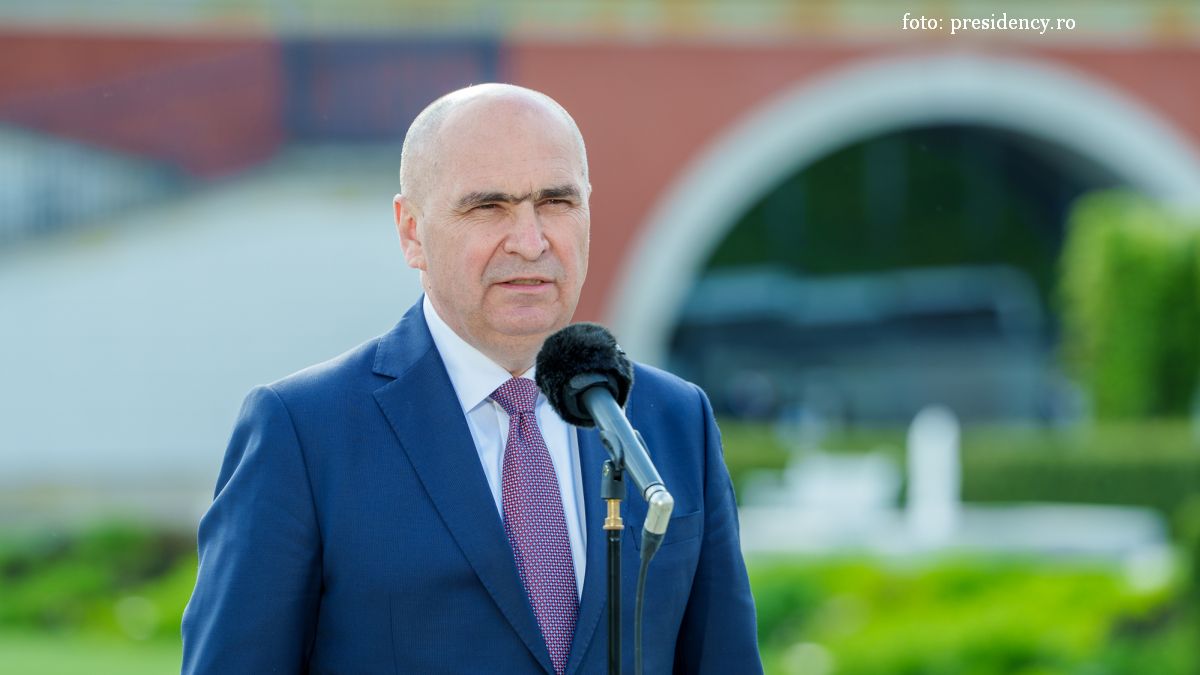The World Bank and Euro Zone Accession
The World Bank, one of Romanias international creditors, has made some recommendations to Bucharest, among which more focus on the measures meant to boost economic growth and domestic production, in terms of increasing productivity and product competitiv

Corina Cristea, 18.01.2013, 13:21
The World Bank has revised downwards its 2013 economic growth forecast for Romania from 2.8% to 1.6%. However, representatives of the aforementioned international financial institution say the real figures might be higher if agriculture fares well this year, if the rate of European funds absorption is increased and domestic demand rises. The representatives of the World Bank have also noticed the progress Romania has made in terms of macro-economic stabilization and recommended to Romania to go on with structural reforms and not to hurry to adopt the euro before achieving a real convergence with European economies.
Despite the progress registered by Romania’s economy regarding the control of the budget deficit, the positive evolution of exports and of the inflation rate at the end of the year, there is still a lot to be done, so that these achievements could be considered sustainable, says the World Bank country manager for Romania and Hungary, Francois Rantrua:
Francois Rantrua: “We still have to deal with many problems and we risk hearing people say: our budget deficit and inflation rate are OK, we can now leave reforms aside. I hope this time people have understood that reforms have to be continued. There are many sectors that need reforms. It takes some time to reform the public administration and regain the investors’ trust, but these reforms must go on. You cannot continue to have economic growth if you don’t attract investors interested in the energy field. The state owned enterprises cannot manage on their own in certain sectors”.
According to the chief economist of the National Bank of Romania, Valentin Lazea, a distinction should be made between the domains that need public investments and those that rely on private investments.
Valentin Lazea: “We should, once and for all, make a distinction between what the state can and has to finance and what the private sector should finance. I have referred to the energy field where things have become clear: the nuclear energy field will be funded by the state, the alternative energy field will probably remain in private hands, and I also referred to agriculture, where the irrigations networks, storage houses, etc will remain funded by the private sector while the infrastructure, gas and water supply and sewerage will remain in the state’s hands.”
Some of the challenges Romania is now facing are: re-balancing its social security budget, the reform of the healthcare sector, streamlining the activity of state-owned enterprises and improving the system of collecting money to the state budget.






























